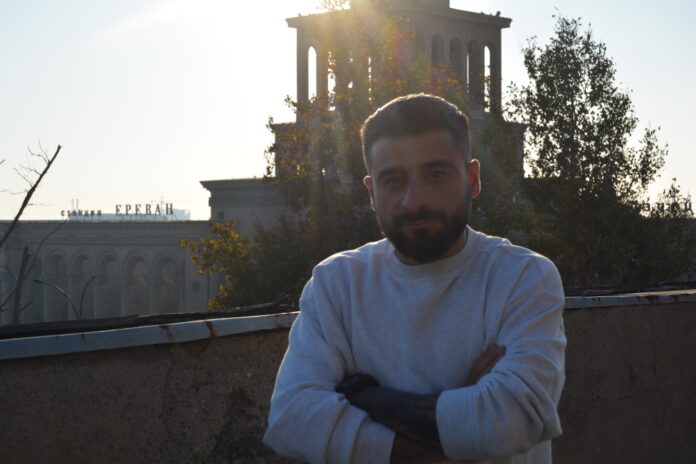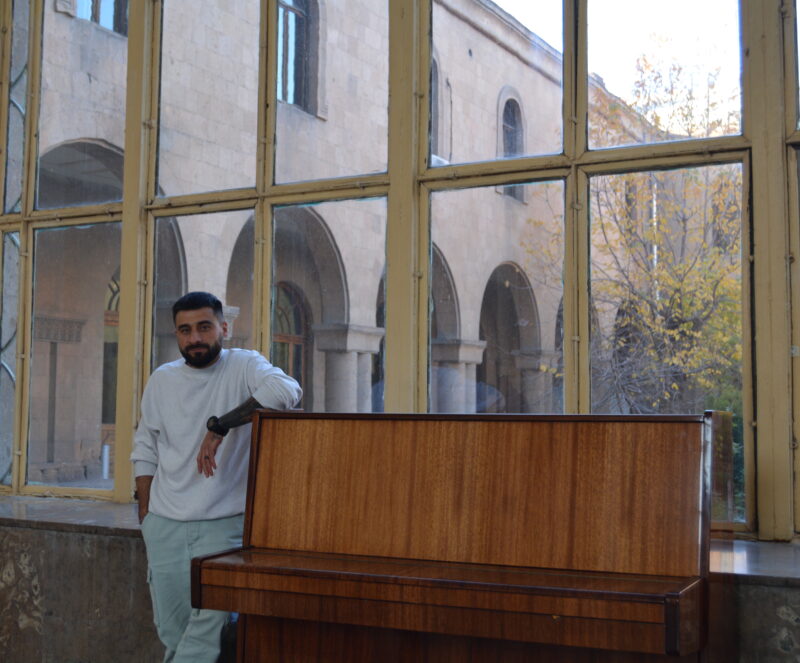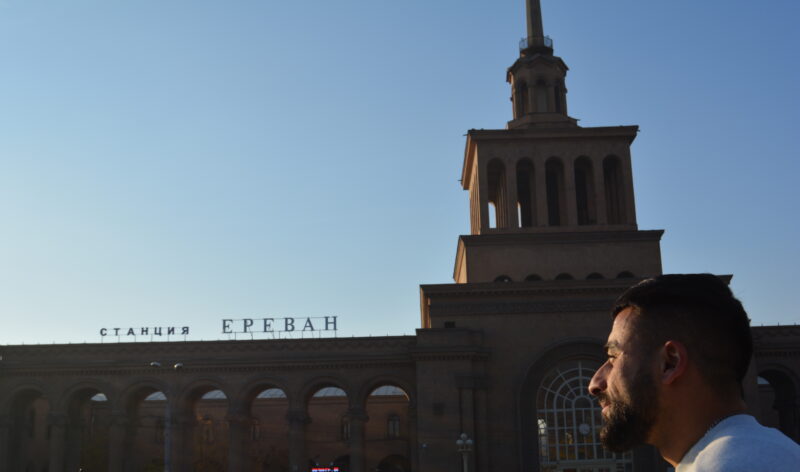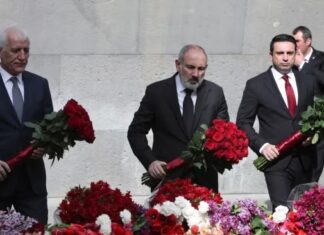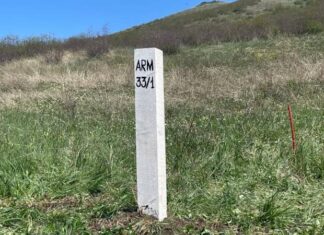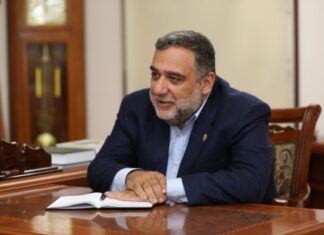By Victoria Pisarenko
Special to the Mirror-Spectator
YEREVAN — Lyoka, also known as Valeri Ghazaryan, shifted from performing in the largest Armenian stadium to a different kind of stage – a new frontline. There, he witnessed over 50,000 of his compatriots, compelled to leave their homes against their will.
Despite the never-ending war in the region, Yerevan was set to host several famous artists over the past few months. However, each time, as the date approached, a significant event would be canceled, allegedly due to the “upcoming escalation” in a formerly disputed region of Artsakh.
Snoop Dogg’s concert was different — on a larger scale, with more preparations in the city, including murals, ads spread throughout, and, most importantly, an exciting lineup crafted for the opening ceremony. Among the well-known performers in the heart of Armenia was a relatively new name in the big city music scene — Lyoka.
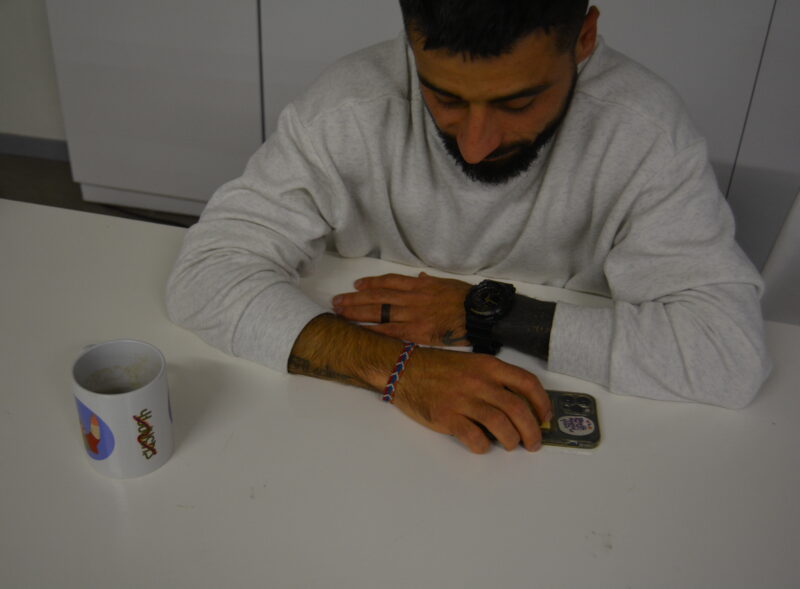
Ghazaryan, better known as Lyoka, emerged as a beacon of resilience. Hailing from the Mardakert region of Artsakh, his musical prominence soared after the 44-day war, a period when people yearned to return home – echoing the sentiment in the lyrics of his song “Sուն Տարեկ” [Toun Tarek – Take me home]. He was slowly gaining well-deserved fame over the past three years.



